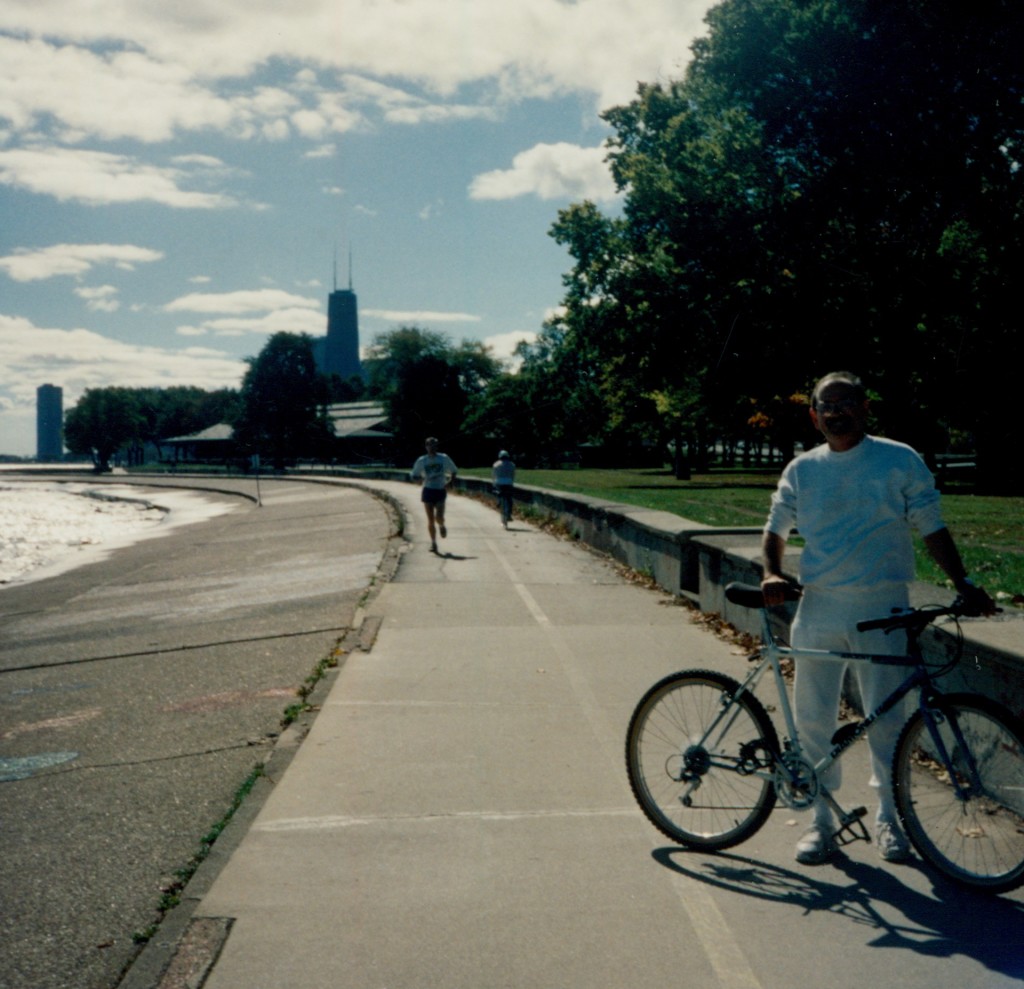
I moved to Chicago in the early 90’s after my divorce at 25. My apartment was 7 blocks from the lake, straddled between Wrigleyville and Boys Town.
I educated myself by attending street fairs on Halsted where gay men partied, commiserated, openly hugged and kissed, supported, and loved one another. I’d never seen such openness or pride. I found it fascinating, interesting, strange, and awkward. I attended my first gay pride parade with friends. I think we were all curious, watched float after float wheel by, music blaring out of giant speakers, men dressed in women’s clothes, in wigs, some women walked shirtless. There was a lot of black leather on the scene and plenty of gyrating. There were also many representatives from various political offices working to gather votes. There were beautiful women walking hand in hand, which seemed curious to my preconceived set of gay notions.
It was a lot to take in. I questioned where I fit into this whole gay pride picture, where my family fit in, where Dad fit in. I’d never seen Dad act like any of these people or appear as they had – it would be completely foreign to paste him into this picture. Furthermore it seemed out of the question that any of these people would be fathers – at least the way I’d been schooled on the way they should be represented.
Years later I told Dad about my experience, about my discomfort, how out of place I’d felt. I asked him if he’d ever attended a Pride Parade. No, he said he hadn’t. It wasn’t his way; his generation had been so different, that rights and openness had come a long way. Dad was gay but not necessarily political, up for the gay fight as it where. At the end of his life he often spoke about diversity – how it was important to hear and read about diversity so we were aware of the injustices, that the stories would make us more aware, make us change for the better. But he was not about marching or waving a rainbow flag.
I’ve thought a lot about whether it was simply his age or generation. He’d been closeted mostly for 5 decades and it was too hard to change his ways. I’ve also come to think it might have been something else. I think my dad wanted to be a person, not a label. Shown in the shot above Dad wanted to be one of many, someone who visited his daughter and rode bikes along Chicago’s lakefront. He wanted a sense of normalcy; to go about daily life, have the same legal rights as others without having to be called out as something different. Dad was one of the most energetic hard working people I’ve ever known, therefore it wasn’t as if he wasn’t willing to fight for rights, he just didn’t want to be political.
My Dad was conscientious, but selling everyone on sexual orientation, no. Maybe it was also the sell he felt he had to do everyday. Convincing everyone he wasn’t gay, different, off, wrong for so many years that it made him tired. Too tired to fight mass groups of the public. Maybe he figured that was for the young at heart.
Maybe it was enough to convince himself that he was okay.

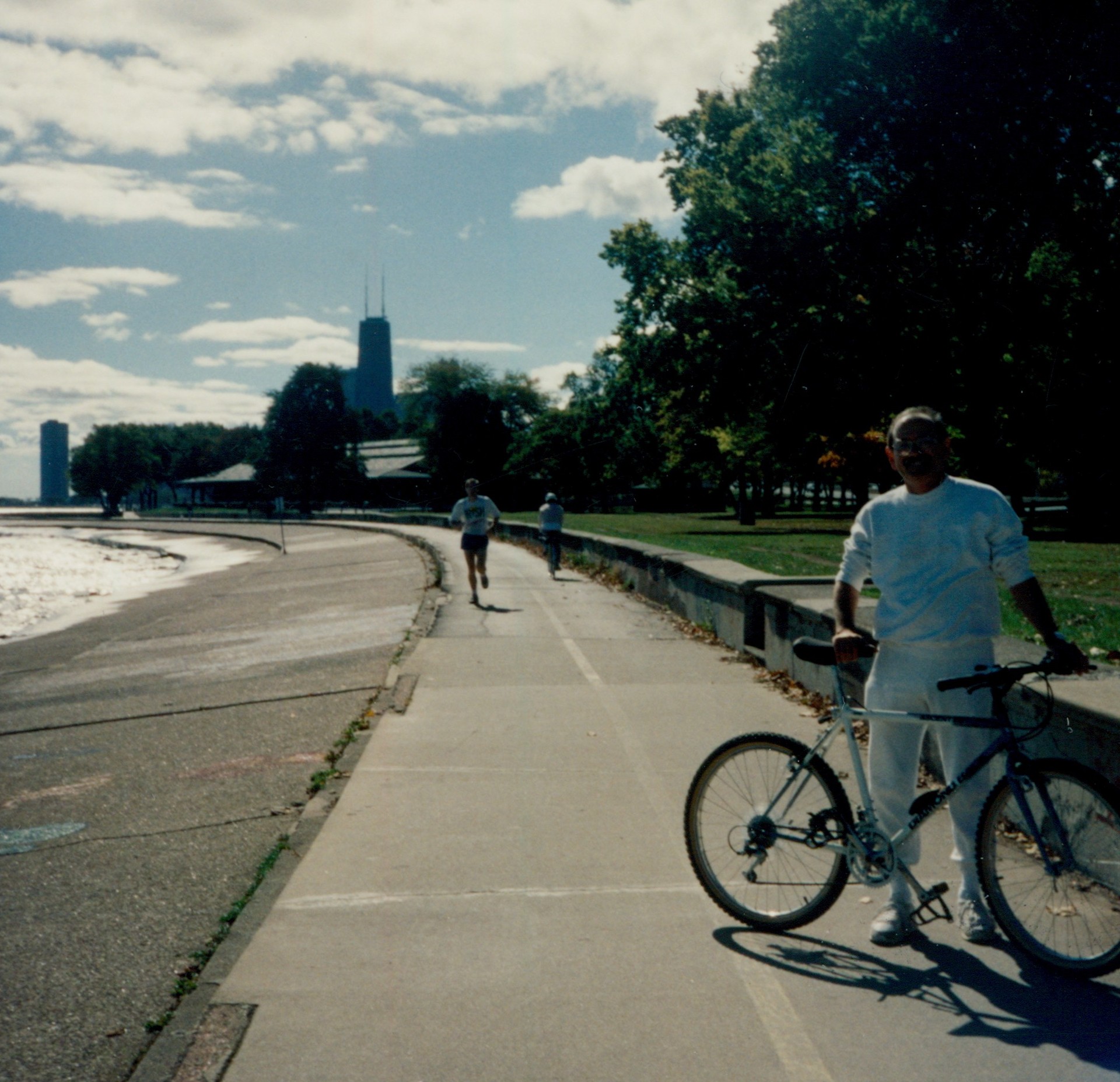
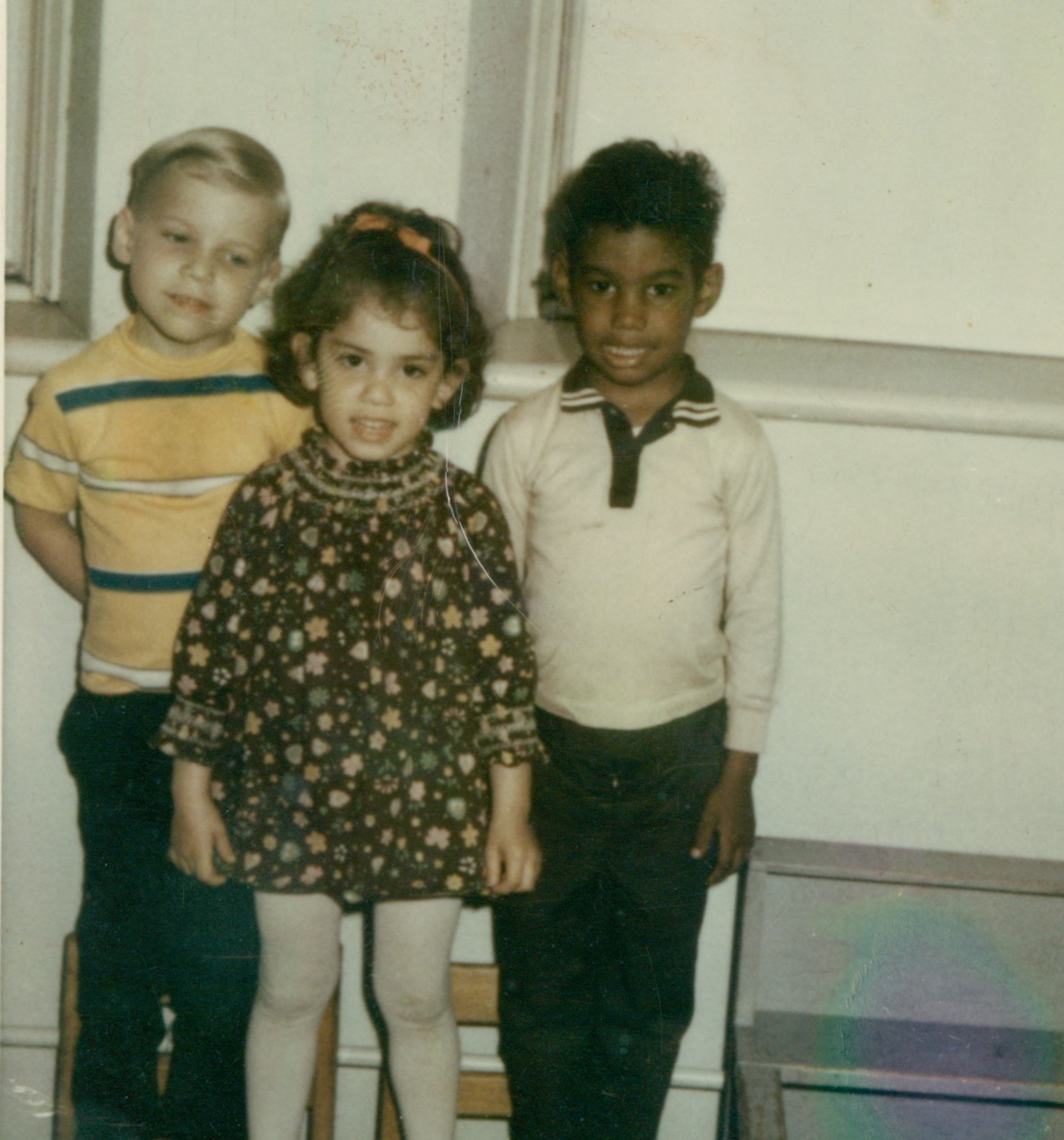
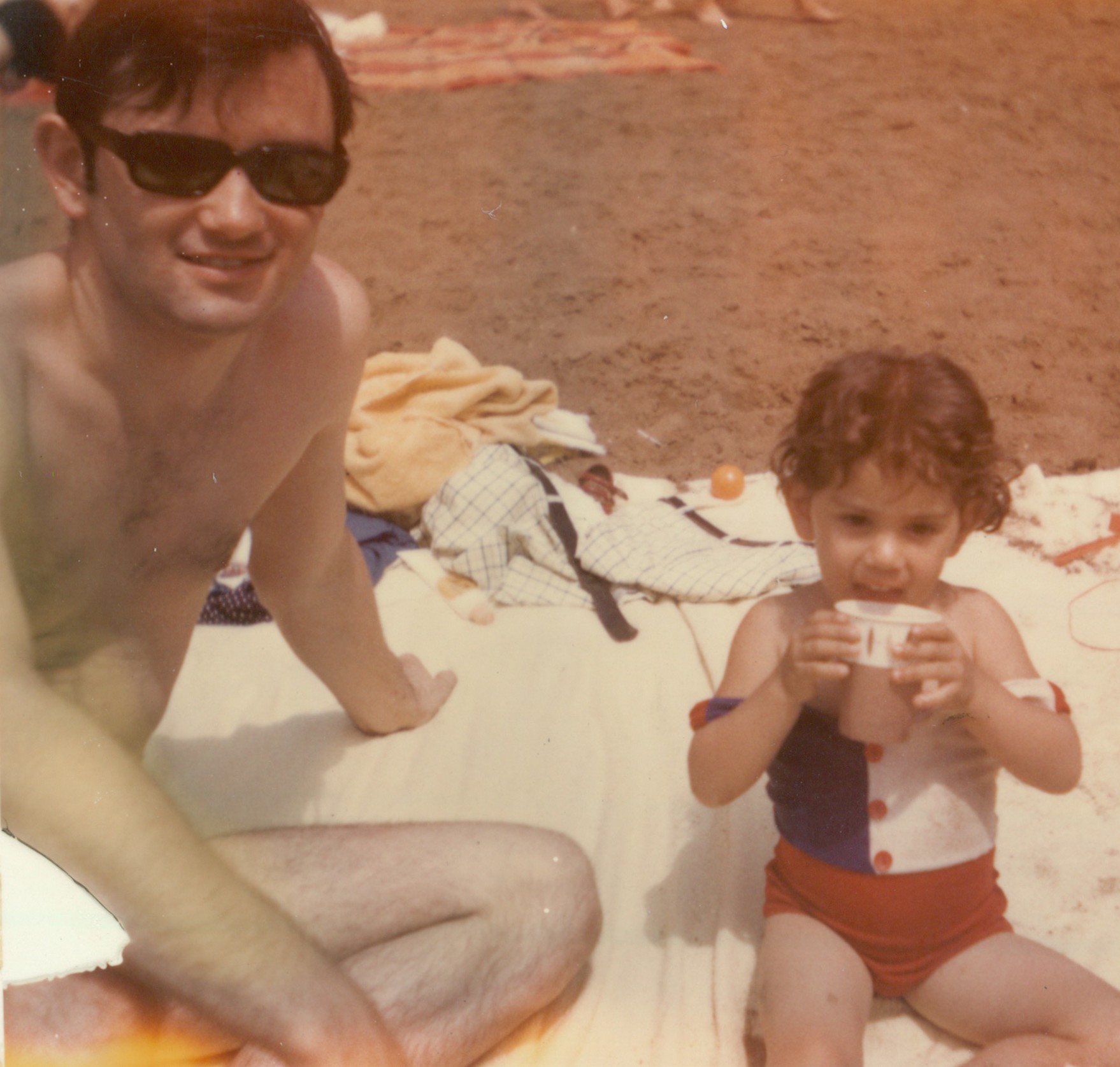
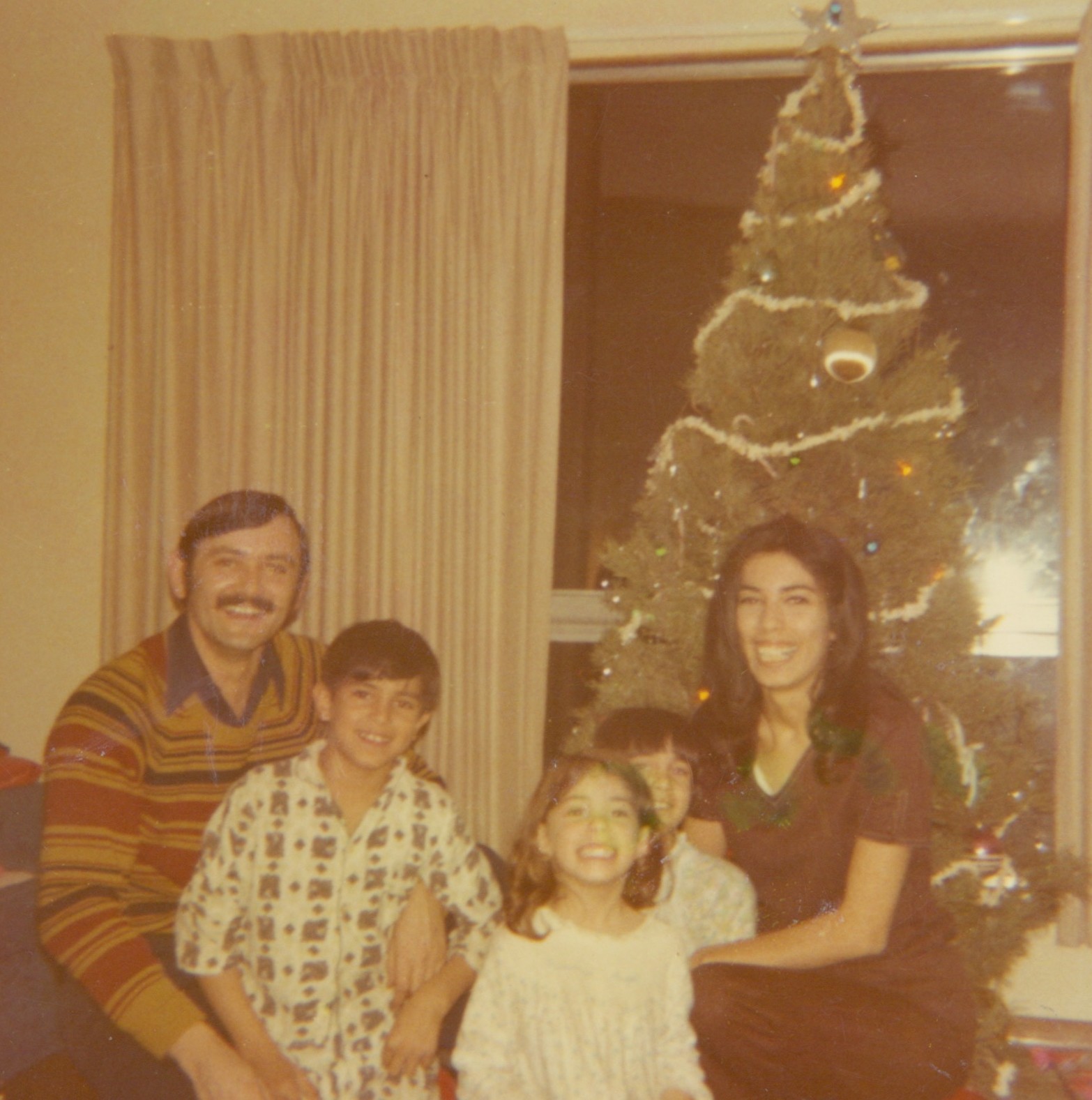
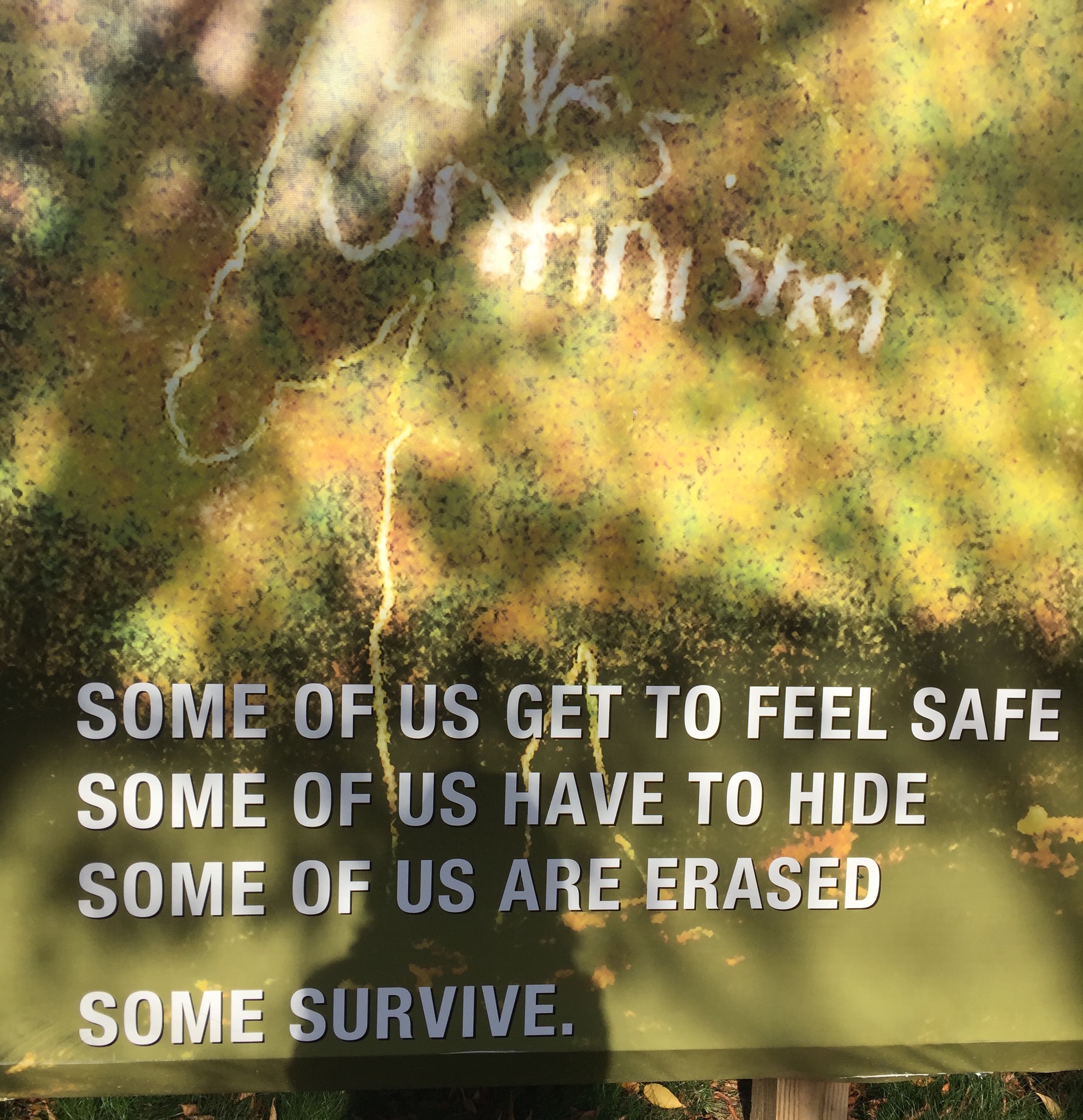
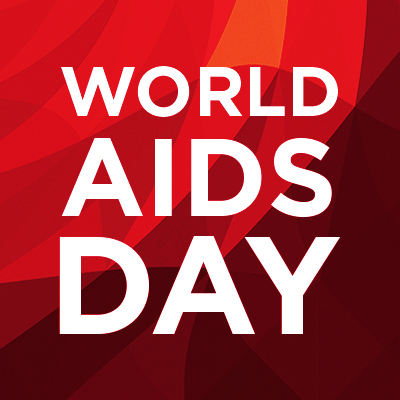
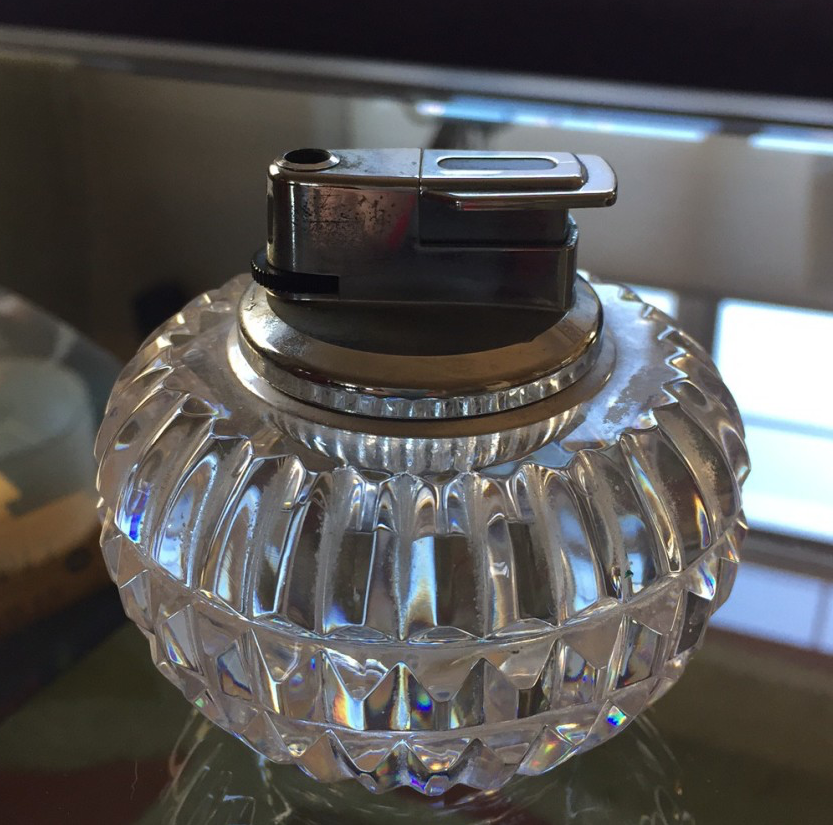
Thank you for sharing this story, Stephanie. I can understand how weary your father must have been, fighting his personal fight every day. I see why he may not have had any energy left over for the public fight. In terms of the gay rights movement, this is a piece I’d never considered before. It pains and educates me at the same time. He must be so proud of you.